WASTE
CONNECTS
The mission of the project is to improve the life quality of people affected by the war as well as women and girls living in the frontier communities.
Members of Yervandashat and Bagaran communities can register to the project.


Completed
The project is implemented by ISSD NGO and co-financed by Polish development cooperation of the Ministry of Foreign Affairs of the Republic of Poland through Solidarity Fund PL.





The problem
As a result of the lack of laws regulating the solid waste management system in the Republic of Armenia a great number of problems have arisen. Armenia, being among the countries generating the most amount of waste per capita, does not implement a wide range of waste sorting activities, which leads to dumping the waste and garbage in open landfills situated close to the inhabited areas, where they are being often burnt entailing huge ecological and health issues.
At the same time the rates of unemployment are very high, especially among the most vulnerable groups of the frontier communities: women affected as a result of social inequality and displaced people caused by war.
Green Workspace
In the framework of the project a green workplaces is created to ensure sustainable income for representatives of target groups, and spread proper strategies of waste management.
Before & After
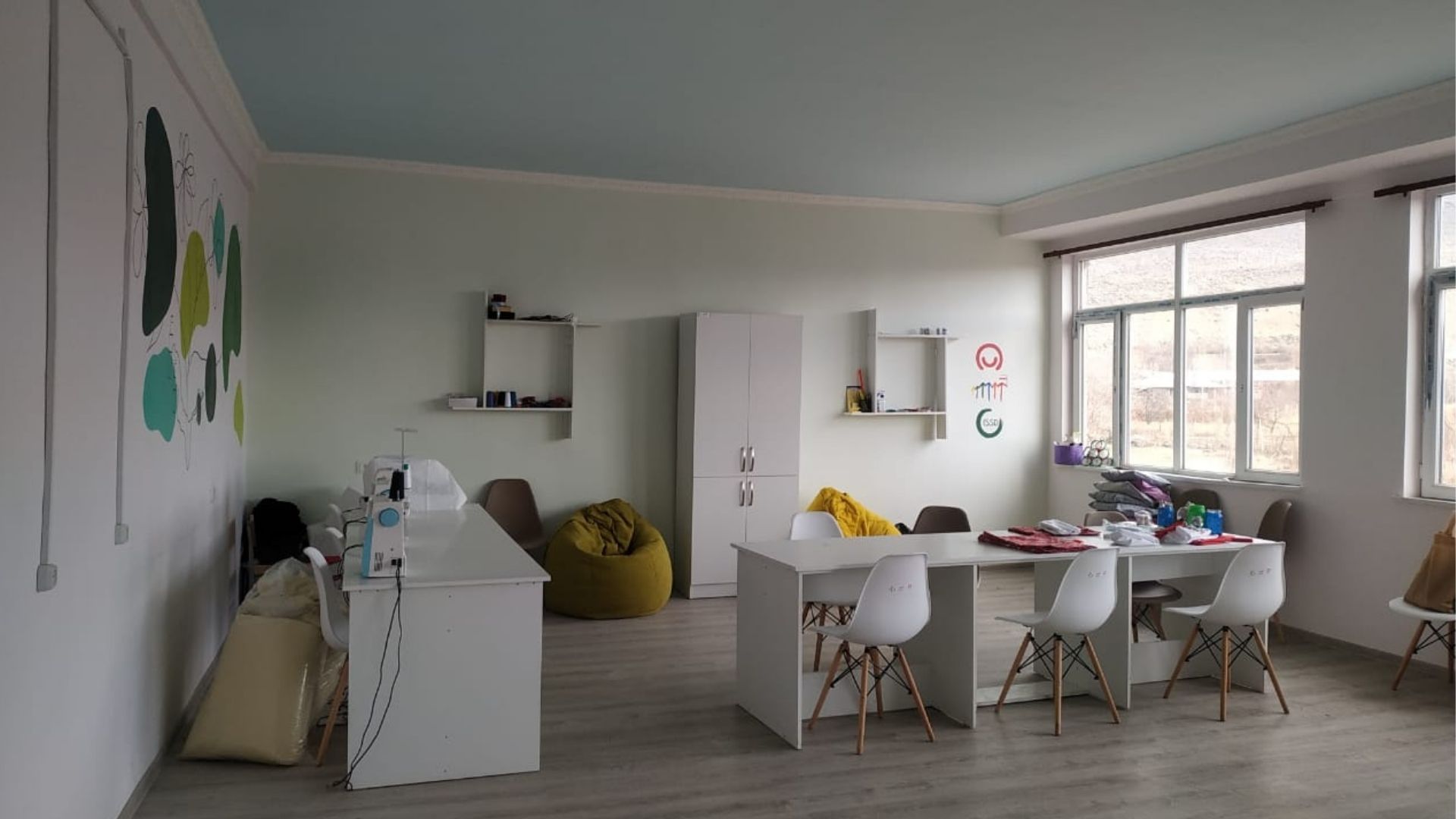
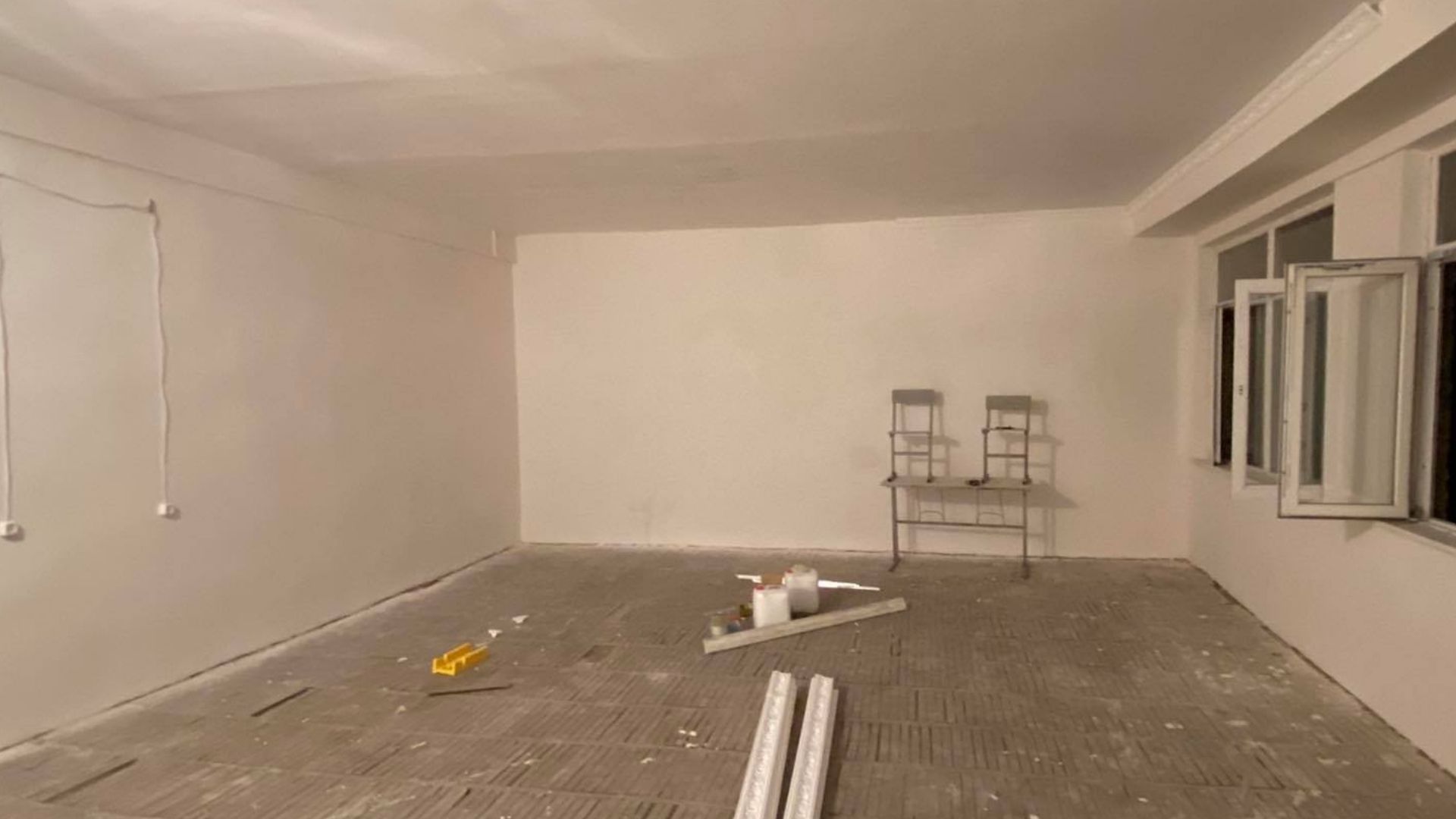


The project takes part beyond the “walls” of the working station: locals are engaged in many clean-ups, which raises social awareness, ensures team spirit, creates a better environment and provides material for the working station.
Duration & Location
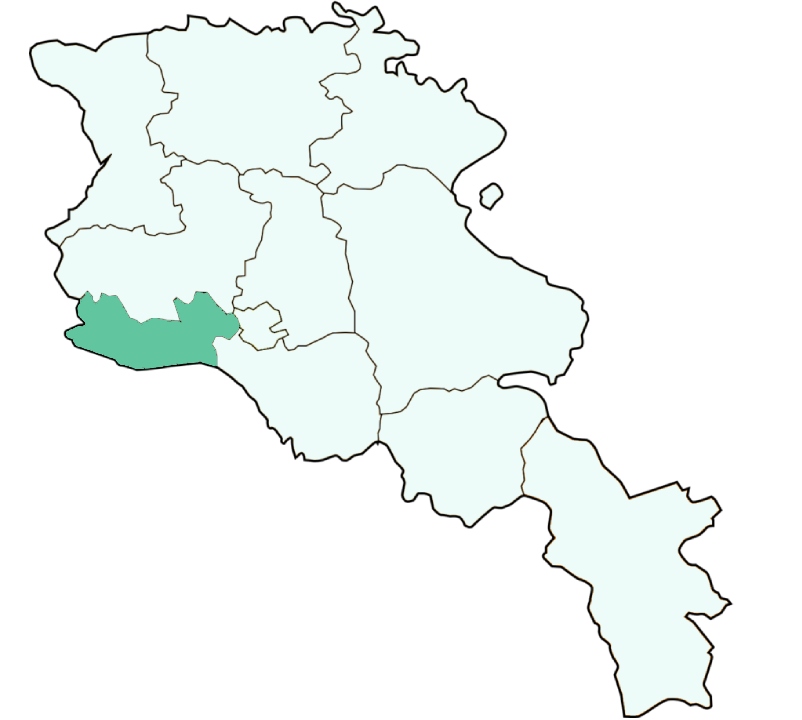
The project was launched in June 2021 and will last till the end of 2021. The project is implemented in the frontier communities of the Armavir region: Bagaran and Yervandashat.
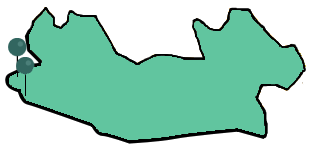
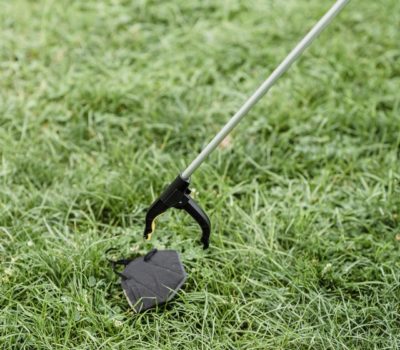

Steps
The following steps are required for solving the issues:
- Create a working station where the stakeholders will give second life to waste;
- Conduct capacity building training: sewing, waste recycling, painting, sales, etc.
- Collect and reuse or recycle sorted waste;
- Create a green brand for the new items made from reused and recycled waste to be sold for ensuring income for the target group.
During the trainings the stakeholders are not only given manufacturing skills: sewing, knitting, working with machines, creating new items by using waste and recycled materials but also knowledge on how to overcome existing problems, positive impact of such actions on the environment and their own lives.
Expectations

The following changes are anticipated:
- One fully equipped working station in a frontier community;
- Support for vulnerable groups by giving them sustainable work and creating safe place;
- Skilled stakeholders able to create new items from recycled waste or reused materials;
- New products from reused and recycled materials (bags, décor, jewelry, accessories etc.);
- Sustainable source of income for the stakeholders;
- Clean-ups in the stakeholder communities;
- Minimum 10,000 kg of sorted waste.

